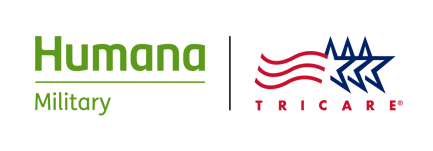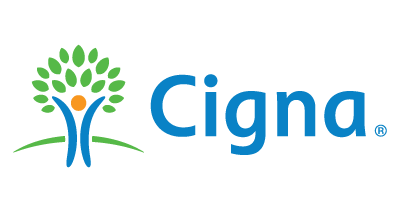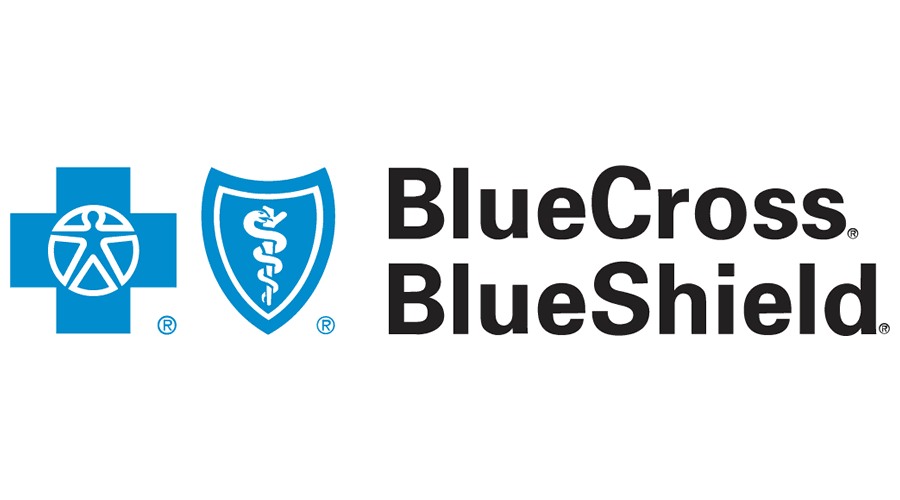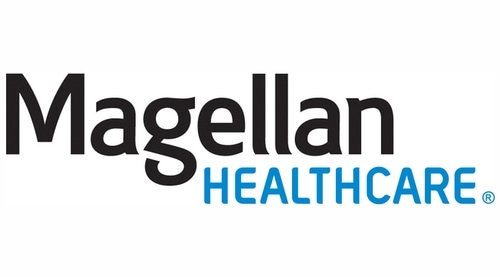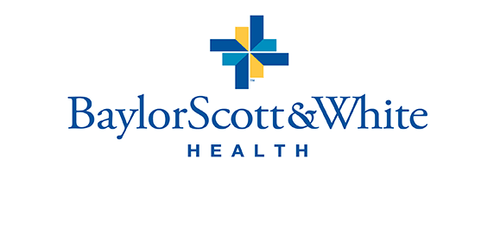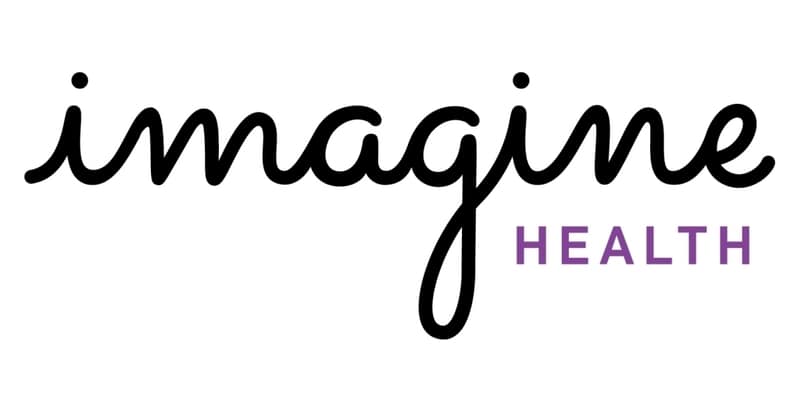Sober living homes, often referred to as sober living environments or sober houses, are residences that provide a structured, supportive living situation for individuals recovering from substance use disorders. These homes play a crucial role in the recovery process, offering a transitional phase between intensive addiction treatment and independent living. They are designed to create a stable, drug-free environment where individuals can focus on rebuilding their lives, developing healthy habits, and fostering a sense of community with others on the same path.
The concept of sober living is rooted in the understanding that recovery is a continuous process, requiring more than just the completion of a treatment program. It involves ongoing support, accountability, and the cultivation of a lifestyle that promotes long-term sobriety. By providing a supportive community and a structured living situation, sober living homes help individuals navigate the challenges of early recovery, reduce the risk of relapse, and build a solid foundation for a healthier, more fulfilling life.
What Sober Living Means
Sober living homes are designed to be alcohol and drug-free environments where individuals who have completed an addiction treatment program can continue their recovery journey. These homes offer a safe and supportive space where residents can focus on their sobriety while gradually reintegrating into society. Sober living is not just about abstaining from substances; it’s about creating a new way of life that supports overall well-being and personal growth.
How Sober Living Works
Benefits of Sober Living
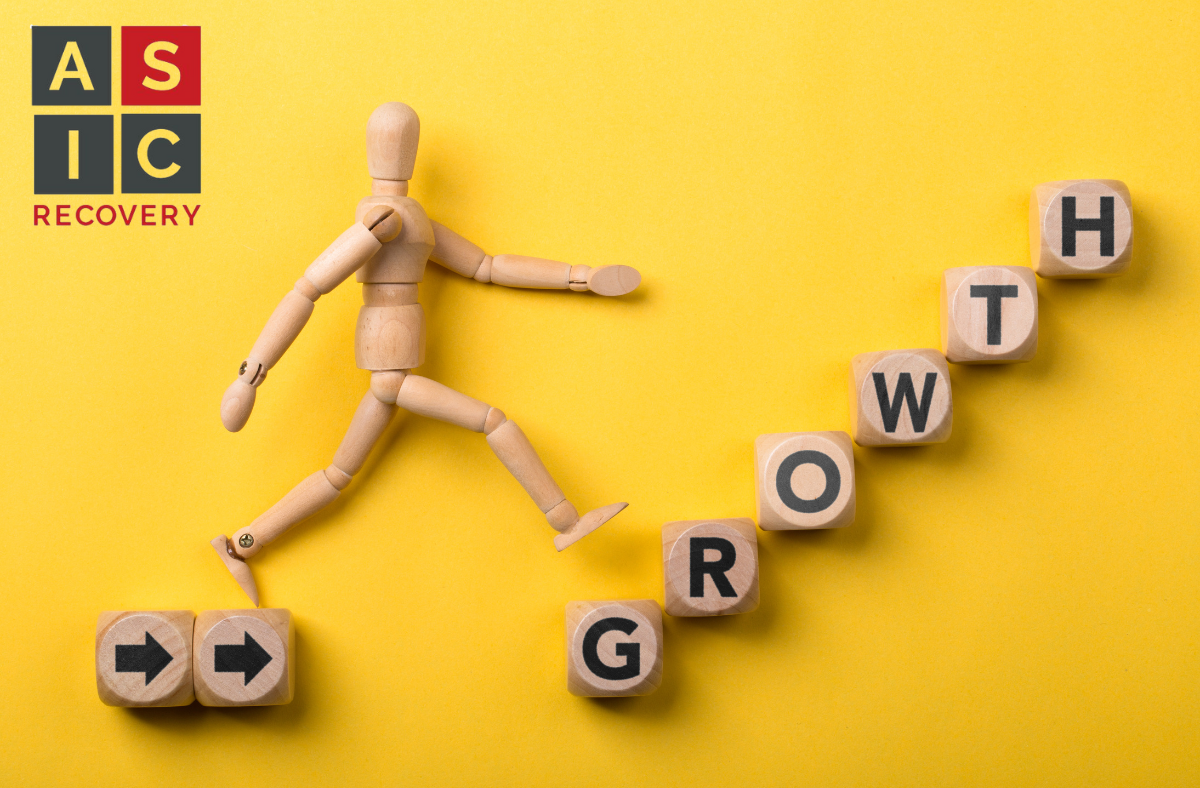
Continuation of Addiction Treatment
Sober living homes serve as a vital extension of addiction treatment, providing ongoing support and structure as individuals transition from intensive treatment programs to everyday life. This continuation of care is essential for maintaining the progress made during treatment and reducing the risk of relapse.

Outpatient Addiction Treatment
Outpatient addiction treatment programs allow individuals to live at home while attending treatment sessions at a facility. These programs typically involve individual therapy, group counseling, and educational sessions about substance abuse and recovery.
Outpatient treatment provides flexibility for those who need to balance their recovery with work, school, or family responsibilities. Sober-living homes complement outpatient treatment by providing a stable living environment that reinforces the lessons learned in therapy.

PHP Addiction Treatment
Partial Hospitalization Programs (PHP) are a step down from inpatient treatment, offering intensive care without requiring an overnight stay. PHP provides structured therapy sessions, medical monitoring, and support throughout the day, allowing individuals to return home in the evenings.
For those in sober living homes, PHP can be an integral part of their recovery plan, offering intensive support. At the same time, they benefit from the structured living environment of the sober home.
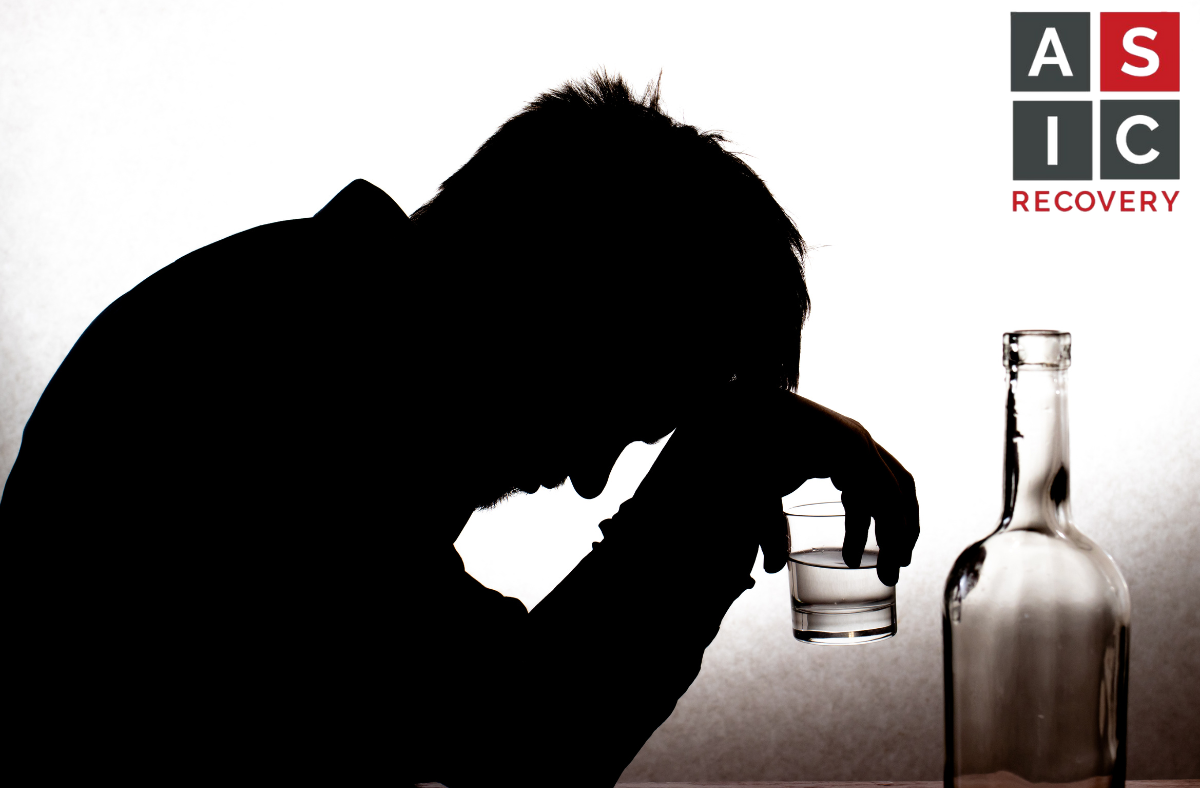
Alcohol Treatment
Alcohol treatment programs focus specifically on helping individuals overcome alcohol dependency. These programs may include detoxification, individual and group therapy, and medication-assisted treatment.
Sober living homes provide a safe, alcohol-free environment where individuals can apply the coping strategies and skills learned in alcohol treatment. The supportive community within a sober living home helps reinforce the commitment to sobriety and offers encouragement during challenging times.
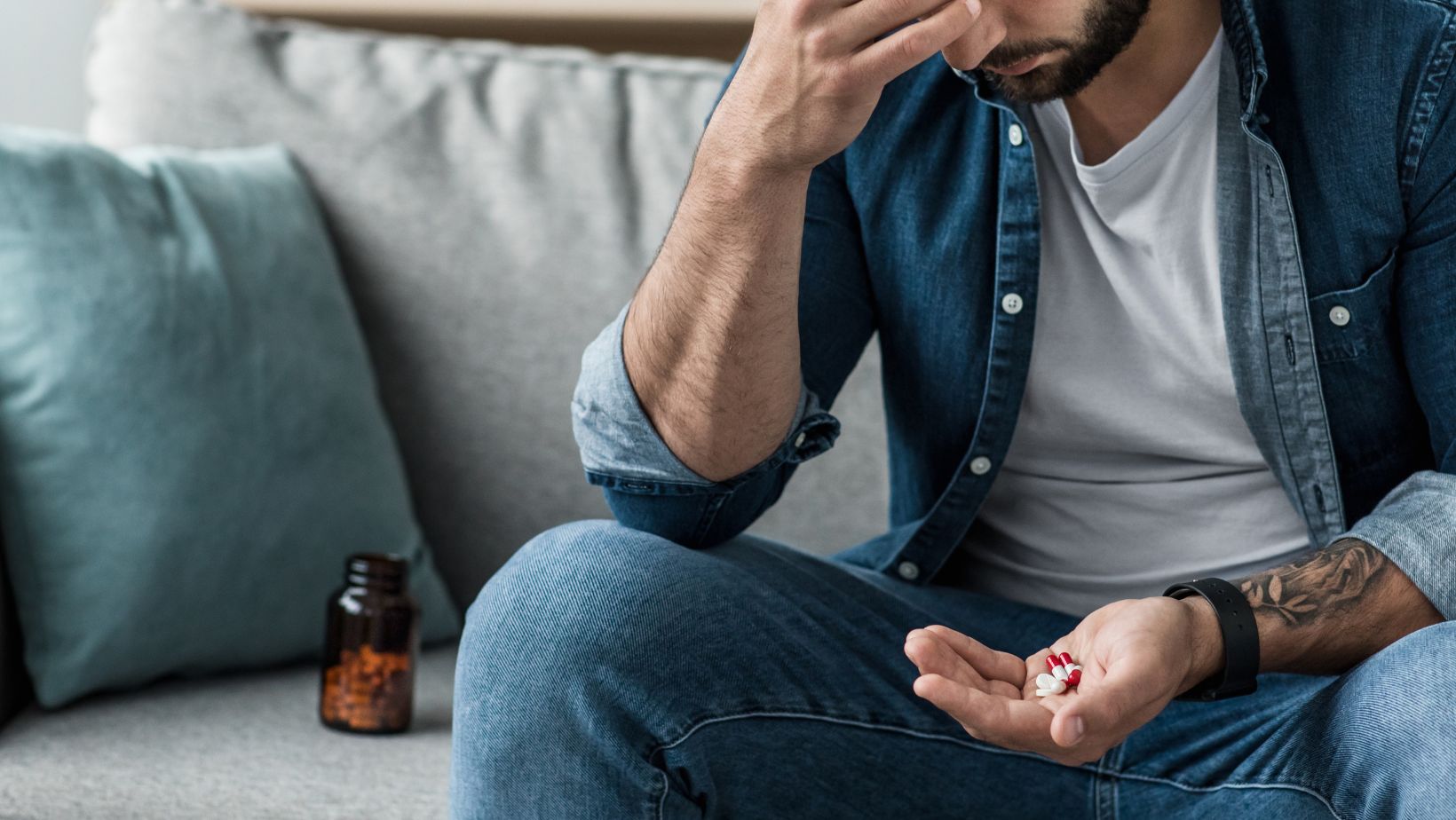
Drug Treatment
Drug treatment programs address the complex issues related to drug addiction, including physical dependence, psychological factors, and social influences. These programs often involve detoxification, behavioral therapy, and support groups.
Sober living homes offer a drug-free environment where individuals can continue their recovery journey with the support of peers who understand their struggles. The structured setting helps residents avoid triggers and high-risk situations, promoting long-term recovery.
By providing a supportive, structured living situation, sober living homes help individuals continue their recovery journey with the tools and support they need to build a healthier, substance-free life. These homes play a critical role in the continuum of care, bridging the gap between treatment and independent living.
12-Step Programs in Sober Living
12-step programs, such as Alcoholics Anonymous (AA) and Narcotics Anonymous (NA), are commonly integrated into sober living environments. These programs provide a framework for recovery that emphasizes personal accountability, peer support, and ongoing participation in recovery activities. Residents are encouraged to attend regular meetings and engage with sponsors, helping to strengthen their commitment to sobriety.
Sober Living Programs vs. Halfway Houses
Sober Living Programs:
Halfway Houses:
ASIC Recovery’s Men’s-Only Sober Living Program
in Fort Worth, TX
At ASIC Recovery, we offer a specialized Men’s-Only Sober Living program designed to provide a structured, supportive environment for those transitioning from addiction treatment to independent living. Our program emphasizes:
If you or a loved one is seeking a supportive, structured environment to continue your journey to recovery, contact ASIC Recovery in Fort Worth, TX, today to enroll in our men’s-Only Sober Living program. Together, we can build a foundation for lasting sobriety and a brighter future.


